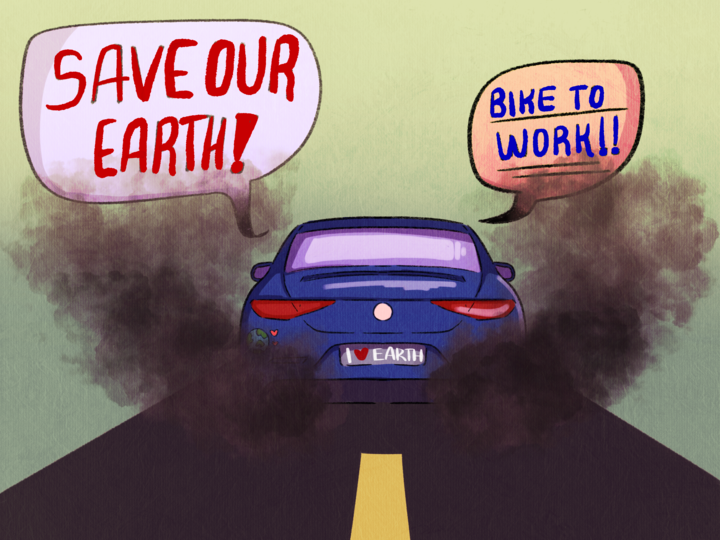The U.S. and North America are experiencing a crisis. In 2013 alone, as many as 120,000 deaths occurred in Mexico. For the U.S., neighboring country’s issues may seem unimportant, but their effects correlate to our own issues. Central America’s poverty and violence are closely linked to the U.S.’s immigration problems. As violence and poverty increase, people flee their homes, believing they will find sanctuary in the U.S., but outdated immigration systems and a lack of aid create barriers. The U.S. has essentially caused the immigration dilemma that is occurring right now.
Historically, the U.S. had a contentious relationship with Mexico. In 1830, Mexican President Antonio Lòpez de Santa Anna abolished slavery and declared immigration to Texas by U.S. citizens illegal, but he was taken prisoner in 1836 and Texas joined the U.S. as a slave state. Mexico broke off its diplomatic relations with the U.S.
When U.S. President James Polk wanted the Rio Grande as the U.S.-Mexico border, he invaded in 1848, securing a third of Mexican land for only $15 million with the Treaty of Guadalupe Hidalgo.
The U.S. has not been kind to its neighbors, instead exploiting them.
Today, the 1,954 mile-long border between the U.S. and Mexico brings more problems. In 2005, there were 500 recorded deaths of immigrants trying to migrate to a find a better life. The area around Tucson alone had 477 deaths recorded in 2012. How can a progressive and great nation tolerate this humanitarian crisis in its own backyard?
According to economists, immigration boosts, not hurts, the economy. The 60 percent of undocumented workers in the U.S. who are from Mexico make up 4 percent of the U.S.’s gross domestic product and 8 percent when including second and third generations — a significant contribution to GDP. The U.S’s effect on Latin American economies, however, is deleterious: The North American Free Trade Agreement has put Central American institutions out of business by forcing disadvantaged farmers to compete with already established and economically strong U.S. industries.
When thousands of children from Honduras, Guatemala and El Salvador crossed the border last summer, blame was placed on drug and gang violence, economic instability and government corruption. The U.S. itself has instigated these by supporting despotic regimes, adopting impossible immigration processes, implementing NAFTA, deporting criminals, fighting a war on drugs and having a passive attitude when it comes to helping our neighbors. If the U.S. is concerned with the influx of Hispanic immigrants, addressing heightened gang activity in Central America should be a priority.
The U.S. government needs to take action to help decrease the violence and economic disparity it is partially responsible for creating. It needs to apply pressure on corrupt governments and organized crime factions that plague its southern neighbors, to deploy economic and educational initiatives for these struggling countries, to streamline immigration policies and to reassess NAFTA. The U.S. is an exceptional nation, but it needs to address these issues to live up to its founding standards.
— Kevin Salazar, Gabriela N. Urias, Diana Vasquez-Aliaga, Grissel Tapia, Joselin Tamayo, Arielle Ellis, Vanessa Fragoza Castro, Diana Dominique Munoz, Marcos Puente, Annalisa Bettinger, Gustavo Noriega, Matt Meyers, Robert Valenzuela, Paul Bland, Liz Munoz, Savanna Ortiz, Nicholina Rose Torreros, Martin Chiquete-Careaga, Corinne Perez and Ceci Lewis








